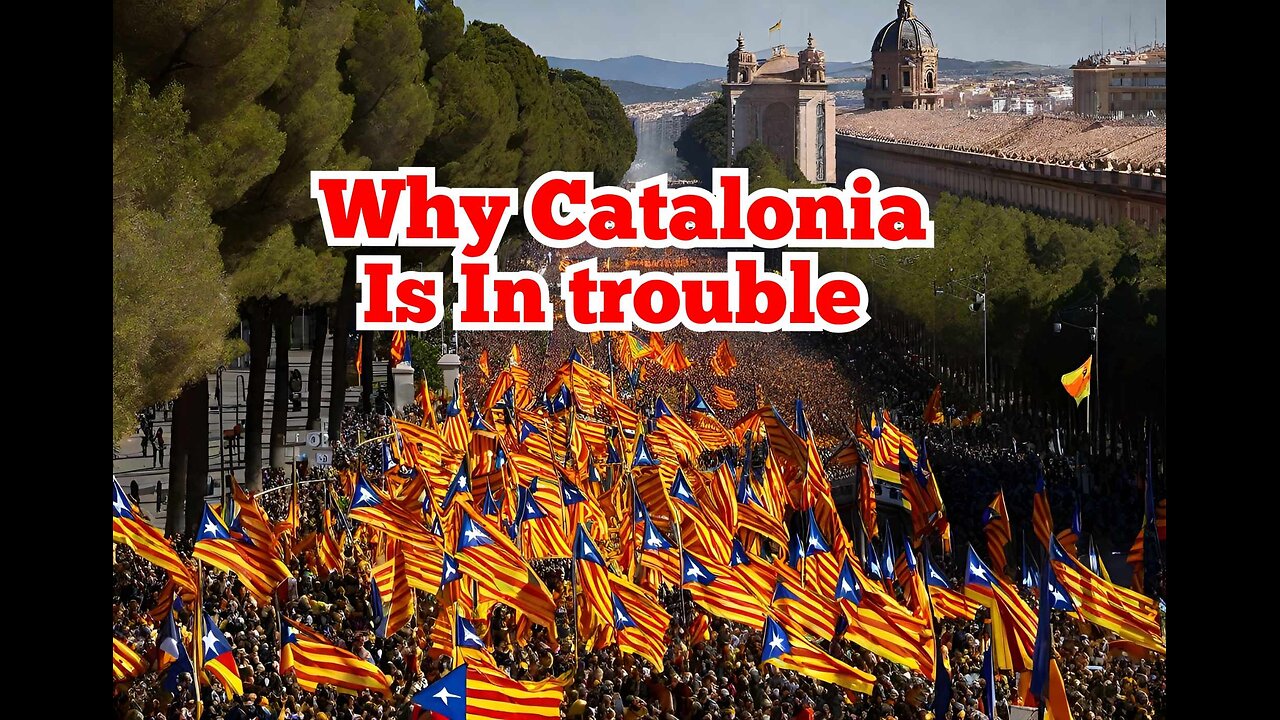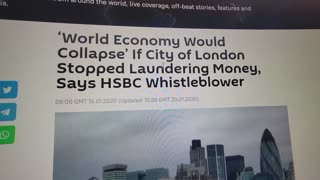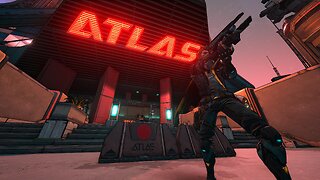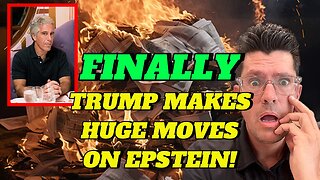Premium Only Content

Why ? Catalonia Cant get succession from Spain , Corrupt Spanish government , Article 155
to watch full show go here: https://rumble.com/v3v3rfn-mike-in-the-night-e532-next-weeks-news-today-headlines-call-ins.html
The Catalonia separatist movements refer to the political and social movements in the Catalonia region of Spain advocating for the region's independence. In 2017, Catalonia held a controversial independence referendum, which the Spanish government declared illegal. The Catalan government, led by then-President Carles Puigdemont, went ahead with the referendum, and the majority of voters supported independence.
Following the referendum, the Spanish government took several measures to prevent Catalonia's secession. In October 2017, the Spanish Parliament invoked Article 155 of the Constitution, suspending Catalonia's autonomy and dissolving the Catalan Parliament. Subsequently, the Spanish government took legal actions against key figures involved in the referendum, accusing them of rebellion, sedition, and misuse of public funds.
In October 2017, Spain's Attorney General filed charges against several Catalan leaders, including Carles Puigdemont and other members of the Catalan government. Puigdemont fled to Belgium to avoid arrest, while others who remained in Catalonia were arrested. The Spanish government argued that the actions of the Catalan leaders amounted to a violation of the Spanish Constitution, as the referendum was declared illegal by the Spanish courts.
In 2018 and 2019, several Catalan leaders faced trial for their roles in the independence movement. The charges of rebellion and sedition were particularly controversial, as many supporters of Catalan independence viewed them as politically motivated. The trial generated significant attention both in Spain and internationally, with critics arguing that the Spanish government was suppressing the right to self-determination.
In October 2019, the Spanish Supreme Court sentenced nine Catalan leaders to prison terms ranging from 9 to 13 years for sedition and misuse of public funds. Three others were fined but not given prison sentences. These sentences sparked protests in Catalonia and renewed discussions about the relationship between the region and the Spanish government.
The situation is complex, and perspectives on the Catalonia issue vary widely. Some see it as a matter of upholding the rule of law and the Spanish Constitution, while others view it as a question of the right to self-determination and freedom of expression. The Catalonia separatist movements continue to be a contentious issue in Spanish politics.
#mikemartins #mikeinthenight
-
 10:09
10:09
Mike Martins Channel
8 days ago $0.03 earnedHow China Destroyed Canada, CCP Money Laundering , Phytanoyl, Bidding wars, Artificial shortages
430 -
 LIVE
LIVE
MSFT__kiLRoy
3 hours agoBorderlands 3 - Atlas Zane (Pt. 17) \\ Guardian Takedown Again...
336 watching -
 LIVE
LIVE
EXPBLESS
2 hours agoWhy Am I Awake This Early - Hunt Showdown Madness #RumbleGaming
51 watching -
 6:47:14
6:47:14
GamersErr0r
8 hours ago $0.66 earnedBecoming A Support Main | Marvel Rivals
7.47K -
 LIVE
LIVE
Lofi Girl
2 years agoSynthwave Radio 🌌 - beats to chill/game to
493 watching -
 20:14
20:14
GritsGG
17 hours agoHackers vs Win Squad! Let's Get it Done!
18.2K -
 59:26
59:26
Omar Elattar
9 months agoFrom HEROIN To CEO: How I Overcame Addiction & Built A $120k/Month Business
16.4K3 -
 26:18
26:18
Stephen Gardner
14 hours ago🔥YES! Trump makes TWO HUGE moves on Epstein!!
35.9K88 -
 1:58:25
1:58:25
Badlands Media
18 hours agoDevolution Power Hour Ep. 373: Narrative Whiplash, Border Theater, and the Trump Time Bomb
103K63 -
 1:01:56
1:01:56
Man in America
19 hours agoVICTORY! DOJ Drops All Charges Against Doctor Who Defied COVID Tyranny w/ Dr. Kirk Moore
66.9K53